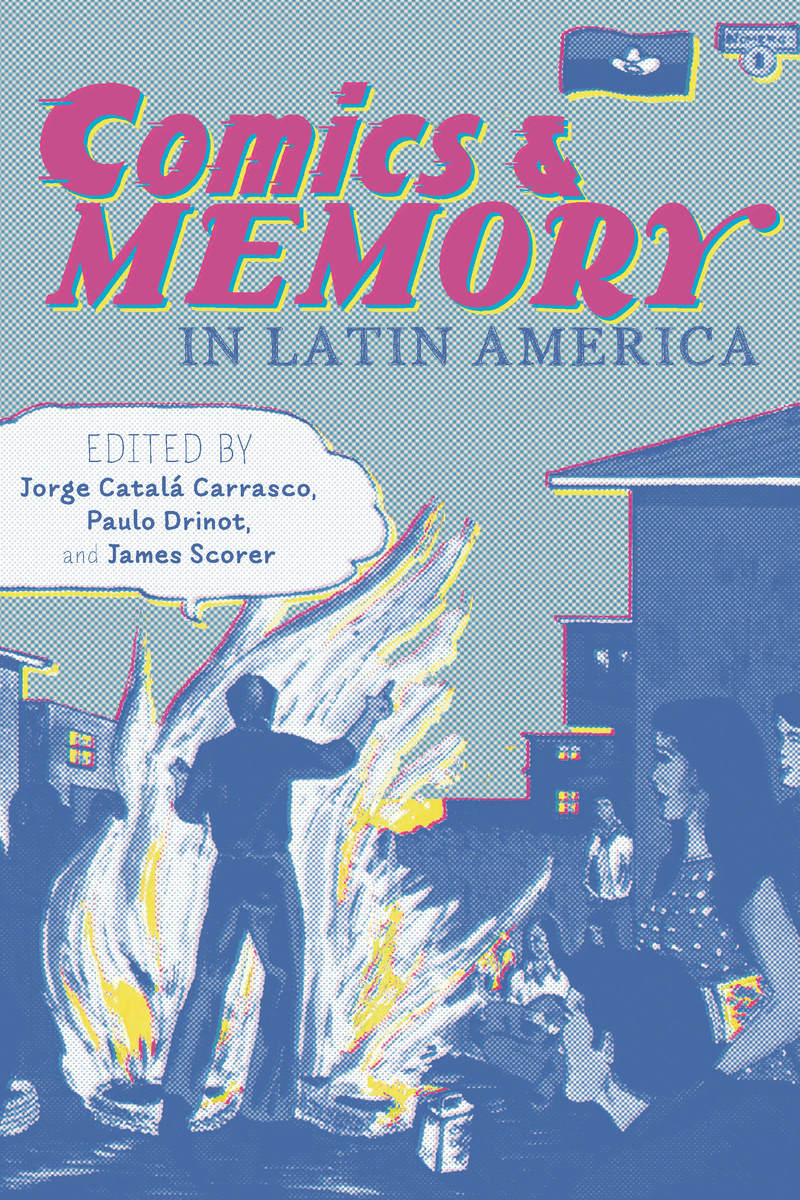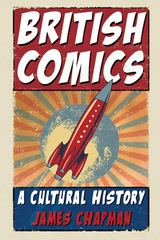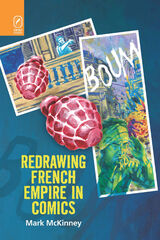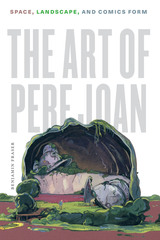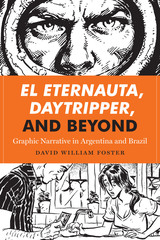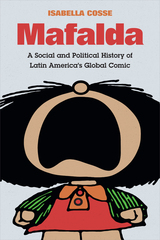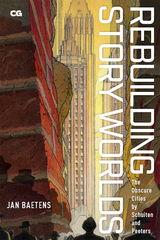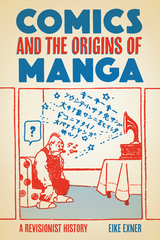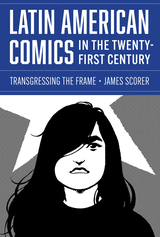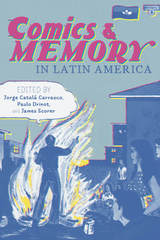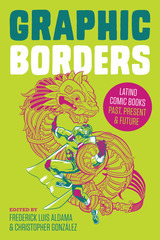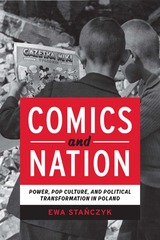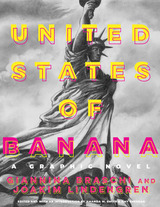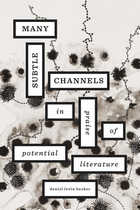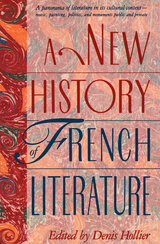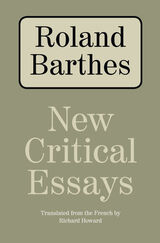Comics and Memory in Latin America
University of Pittsburgh Press, 2016
Paper: 978-0-8229-6424-7 | eISBN: 978-0-8229-8158-9
Library of Congress Classification PN6790.L29C65 2017
Dewey Decimal Classification 741.598
Paper: 978-0-8229-6424-7 | eISBN: 978-0-8229-8158-9
Library of Congress Classification PN6790.L29C65 2017
Dewey Decimal Classification 741.598
ABOUT THIS BOOK | AUTHOR BIOGRAPHY | REVIEWS | TOC | REQUEST ACCESSIBLE FILE
ABOUT THIS BOOK
Latin American comics and graphic novels have a unique history of addressing controversial political, cultural, and social issues. This volume presents new perspectives on how comics on and from Latin America both view and express memory formation on major historical events and processes. The contributors, from a variety of disciplines including literary theory, cultural studies, and history, explore topics including national identity construction, narratives of resistance to colonialism and imperialism, the construction of revolutionary traditions, and the legacies of authoritarianism and political violence. The chapters offer a background history of comics and graphic novels in the region, and survey a range of countries and artists such as Joaquín Salvador Lavado (a.k.a Quino), Héctor G. Oesterheld, and Juan Acevedo. They also highlight the unique ability of this art and literary form to succinctly render memory. In sum, this volume offers in-depth analysis of an understudied, yet key literary genre in Latin American memory studies and documents the essential role of comics during the transition from dictatorship to democracy.
See other books on: Collective memory in literature | Comic books, strips, etc | Comics | Graphic novels | National characteristics, Latin American, in literature
See other titles from University of Pittsburgh Press
